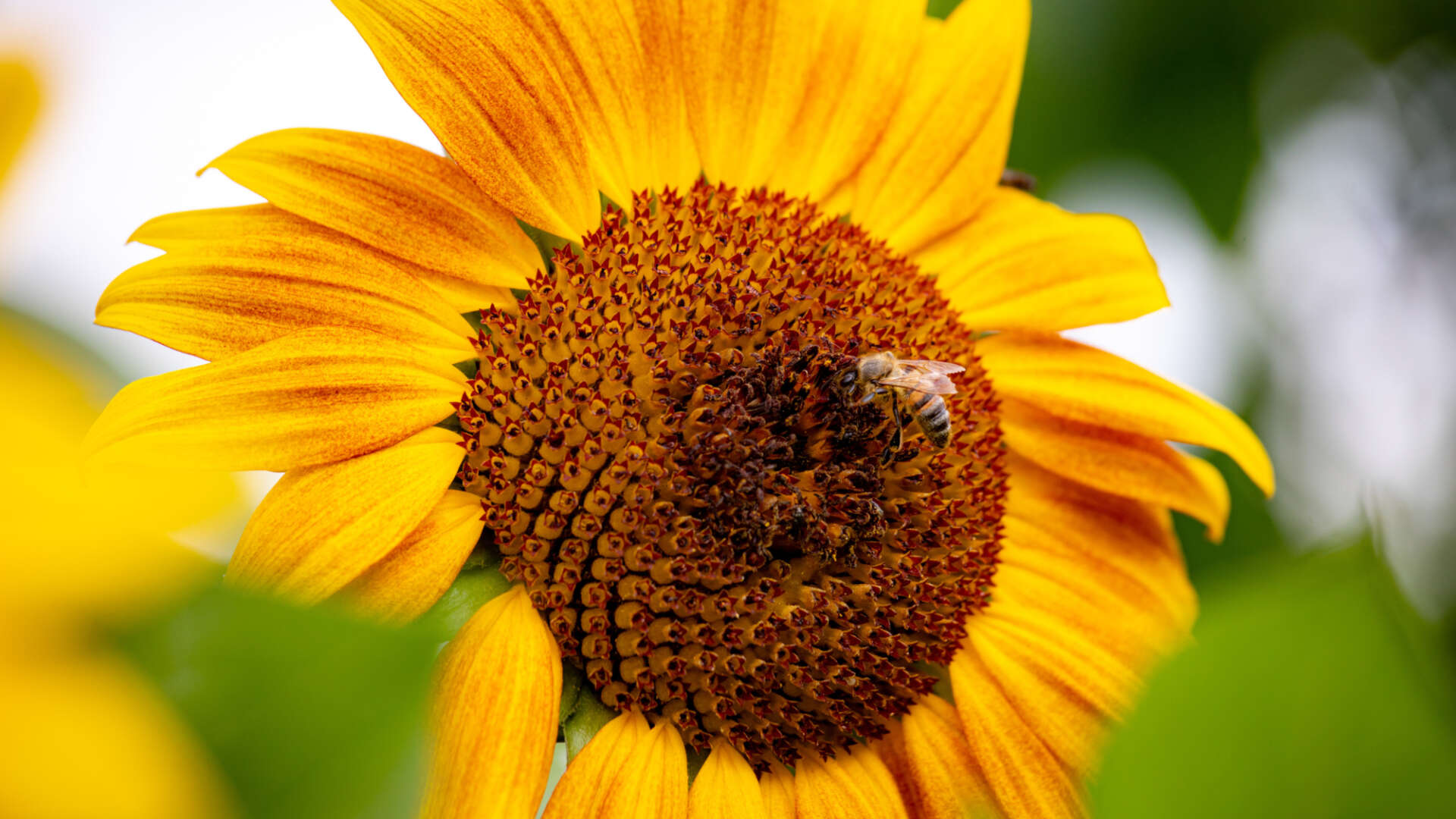Garden chemicals affect bees

New research from the University of Sussex is the first of its kind to highlight the risk to bees in urban areas, following the use of garden pesticides. It specifically mentions the importance of organic growing techniques, which bans the use of chemical sprays.
Dr Beth Nicholls, postdoctoral research fellow at Sussex University, and the study’s lead author, said: "Our study indicates that limiting the domestic sale of neonicotinoid-based bug sprays to gardeners, which is currently unaffected by the moratorium, is needed if we are to protect bee populations living in and around our towns and cities.”
Although the study found that neonicotinoid exposure for rural bumblebees declined after the EU ban in 2015, the risk to bumblebees in suburban gardens remained largely the same.There are two causes of contamination: chemical sprays sold to gardeners to kill aphids and other insects, and - ironically - plants sold in garden centres, many of which have been treated with neonics, despite being labelled 'Perfect for Pollinators'. (A previous study by the University of Sussex revealed that 70 percent of bee-friendly plants sold at a range of garden centres had traces of neonicotinoids.)
Researchers were particularly concerned to find bee food was often contaminated with imidacloprid, a neonicotinoid which is very rarely used against crop pests any more. Its continued presence raises concerns about the persistence of chemicals in agro-environments even after their application has stopped. However, the researchers believe that the continued contamination could also be due to pet flea treatments, which still often contain this chemical.
Professor Dave Goulson, at the University of Sussex, said: “Who knows what Brexit will mean for the future of this country but one thing it desperately needs to include is the continuation of the EU’s ban on neonicotinoids. Gardeners can do their bit; for there is no need for pesticides in gardens. I grow lots of fruits, vegetables and flowers in my garden without chemicals – there is just no need.”
See here for further information on neonicotinoids (neonics) and here for the top three plants to grow for bees.